PRODUCING "GASM" KNOWLEDGE IS ALSO INCORRECT
According to many scientists , one of the important metrics, considered as a hard standard when reviewing funding for scientific topics, reviewing standards to be recognized as Professors and Associate Professors, is having scientific works (articles) published in ISI/Scopus journals. Taking advantage of this metric to publish poor quality or low quality articles in "ISI/Scopus" journals to run KPIs, to receive funding, is also a manifestation of dishonesty.
In the scientific workshop on scientific integrity (SCI) organized by the Ministry of Science and Technology in coordination with the Ministry of Education and Training on December 19, Associate Professor Nguyen Tai Dong, Institute of Philosophy, Vietnam Academy of Social Sciences, member of the NAFOSTED Fund Management Council, raised a reality to express his agreement with the assessment that SCI is currently very sophisticated and complicated. Recently, the NAFOSTED Fund's interdisciplinary Council of Philosophy, Political Science, and Sociology held a very tense meeting to review topics for funding, with 24 topics but the Council only approved more than 30%. Associate Professor Nguyen Tai Dong explained: "Because there are topics that if we call them student papers in the publication, then in science there is also a high possibility of student projects appearing (student projects, meaning the triviality of scientific work - PV ). With these scientific works, no matter how long they are done, they will still be just that. Now how do we raise that level? That is also a problem."
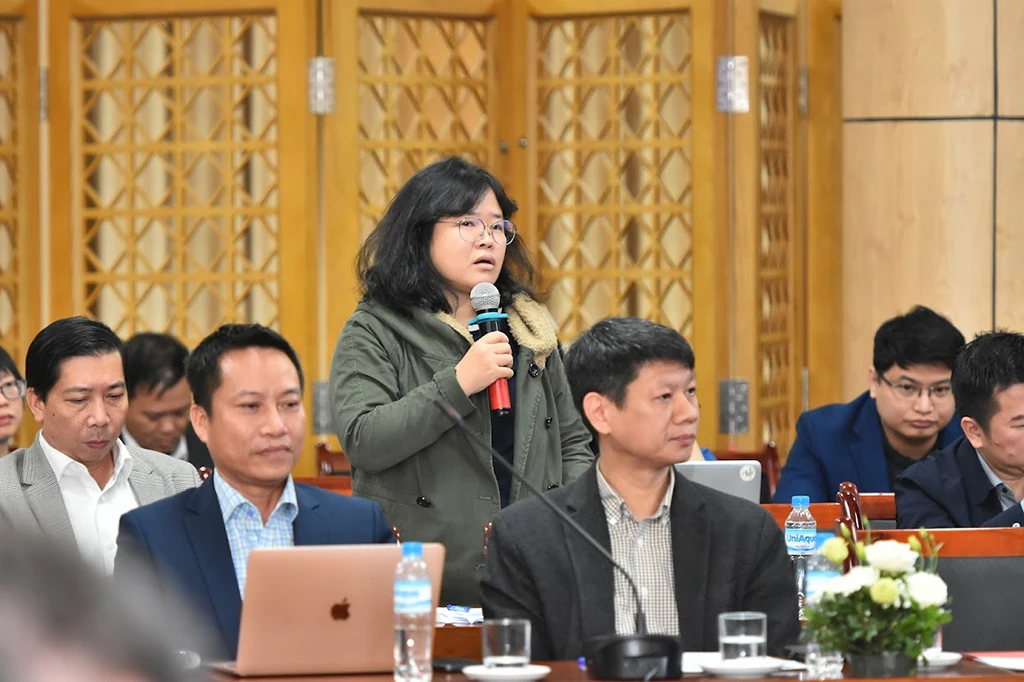
Dr. Pham Phuong Chi, Institute of Literature, Vietnam Academy of Social Sciences, spoke at the workshop on scientific integrity organized by the Ministry of Science and Technology in coordination with the Ministry of Education and Training.
But Associate Professor Dong believes that this is not only a problem of Vietnam, but also a headache for Western scientists when facing scientific trends dominated by publishers and publishing corporations. "The same is true for Vietnamese science. There will also be some things that we create that can be called "junk" knowledge, and we are flooded with pseudo-scientific knowledge, we cannot find true science," Associate Professor Dong warned.
THE "CULTY" OF ISI/S COPUS
Also at the above workshop, Professor Hoang Tuan Anh, Principal of the University of Social Sciences and Humanities, Vietnam National University, Hanoi , said that the field of social sciences and humanities is the most talked about and discussed in terms of LCKH, but is "stuck" the most due to incorrect concepts about evaluating scientific products. In current regulations, a scientific article is basically defined as an article published in a journal. Meanwhile, a popular scientific product of scientists in this field is a book. "In my opinion, it is necessary to redefine a scientific article as a scientific product published in a journal or book (a book chapter should be considered an article)," Professor Hoang Tuan Anh shared.
Dr. Pham Phuong Chi, Institute of Literature, Vietnam Academy of Social Sciences, said that for a long time she has been very concerned about why the standard for evaluating science and scientists in Vietnam has to rely on ISI/Scopus criteria (requiring articles published in ISI/Scopus journals is a strict criterion when considering topics or candidates in national councils - PV ). Meanwhile, in the ISI/Scopus list there are many low-quality journals. In the US (where Dr. Chi received her postgraduate training), or in Germany, scientists in the field of literary research do not know the concept of "ISI/Scopus article". When publishing scientific articles, they try to publish in university journals, and highly appreciate the articles being accepted for publication in those journals.
According to Mr. Tran Hong Thai, Deputy Minister of Science and Technology, he also worries about the issue of over-emphasizing ISI/Scopus articles without paying attention to the actual quality of specific scientific products. However, Mr. Thai believes that the reason for this over-emphasis is because in the past we did not have a solid team of scientific and technological reviewers, but now we do.
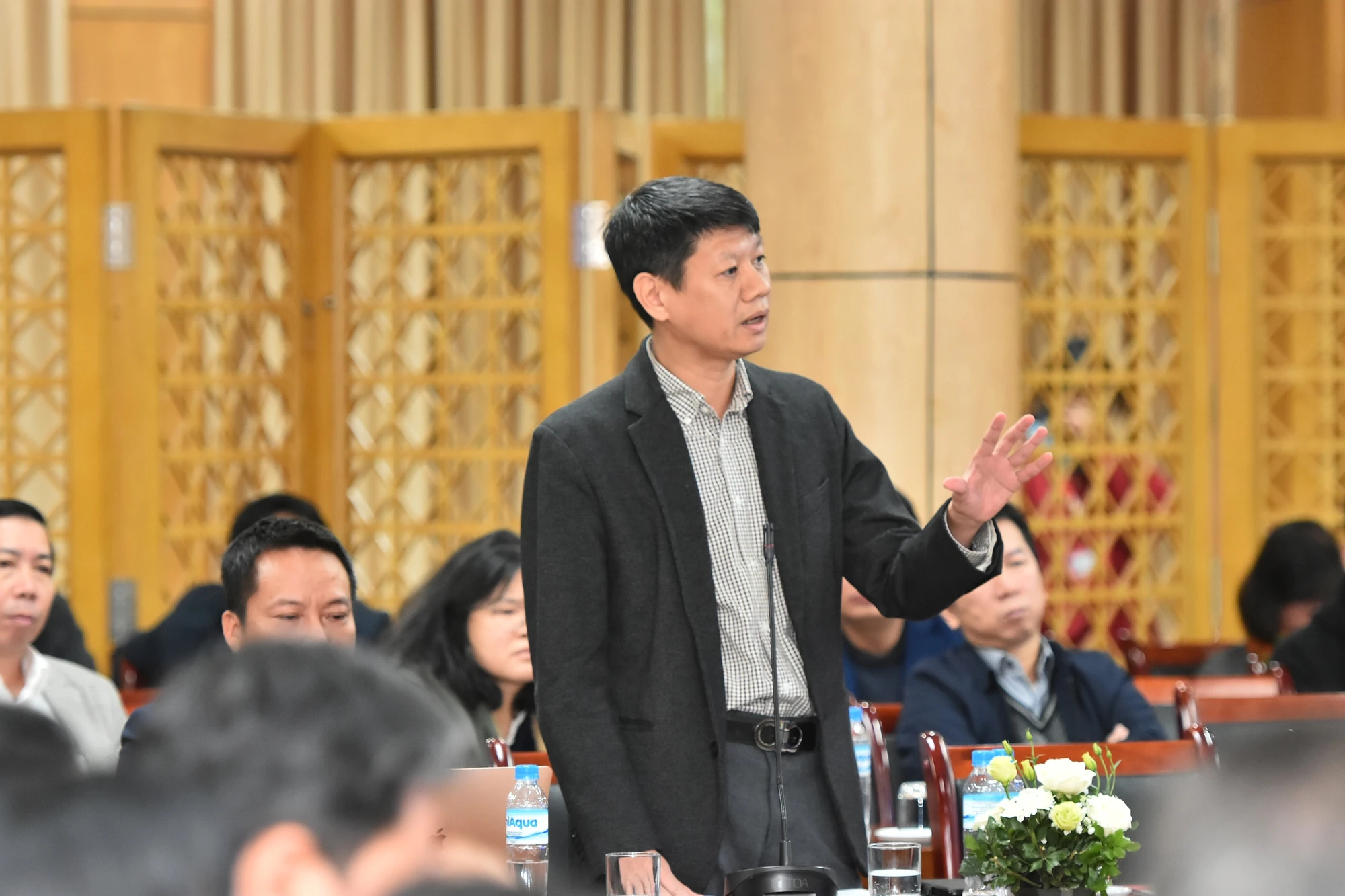
Associate Professor Nguyen Tai Dong, Associate Professor Nguyen Tai Dong, Institute of Philosophy, Vietnam Academy of Social Sciences
THE RISK OF MAKING VIETNAMESE SCIENCE GO ASIDE
According to Dr. Duong Tu (Purdue University, USA), after attending the above-mentioned conference, he realized that many people in the management and scientific community still like to use quantitative indicators such as impact factor, journal grouping Q1 - Q4, H-index to evaluate research, as well as depend on available categories such as Scopus, ISI to evaluate journal quality. While quantitative indicators are very convenient, they are easily manipulated; and abusing them shows laziness and can lead the entire Vietnamese science astray.
Even the creators of these indicators have repeatedly warned against the dangers of worshipping them. Major documents on research assessment reform around the world over the past decade, from the 2012 DORA Declaration to the European New Deal on Research Assessment Reform, published last July, to two documents that shaped Chinese science in mid-2018, have either recommended or called for abandoning quantitative indicators in research assessment, or for using them as a tool in a very responsible way.
Similarly, the Scopus and ISI lists, although they help in simple and quick searching, are not the standard or the golden rule that guarantees the quality of journals, and do not reflect the quality of each article, but are only technical barriers and the minimum level of journal quality. There have been dozens, even hundreds of discussion topics in the LCKH group showing that these lists contain many dubious journals, predatory journals and recently, fake journals. The journals in these commercial lists are not recommended by the scientific community or experts in each field, but are selected by administrative staff of Elsevier (with the Scopus list) and Clarivate (with the ISI list). "Should the Vietnamese scientific community implicitly trust and depend on the decisions of administrative staff working for these commercial companies instead of building its own list of reputable journals?", Dr. Tu asked.
The most important factor is people
According to Dr. Pham Phuong Chi, in evaluating science and scientific products, the most important factor is the human factor. "Scientists and council members must rely on their capacity and integrity to evaluate whether the product is truly of quality and integrity. It is not true that just because an article is in an ISI/Scopus journal or in a journal with this or that ranking, it is of quality. Therefore, it is necessary to improve the capacity and integrity of council members (for funding or title consideration)," Ms. Chi requested.
Ms. Chi also suggested that the definition of a prestigious international journal should be tightened. The regulation that the journal is in the prestigious list is not enough, but it must also include the absence of signs of a poor quality journal such as: the journal is published by poor quality publishers or fake scientific organizations, the journal has a short publication time (less than 6 months), requires payment of publication fees (different from open access fees). In addition, it is also necessary to consider whether the members of the editorial board of that journal have a clear scientific background or not, whether they participate in academic institutions or not! "With prestigious journals, after submitting an article, there will be an internal review process of at least 3 months. Those who pass this round will be sent for review and this process usually lasts 3-6 months, even 1 year. The review results always require a lot of revisions in both content and form (in case of approval for revision, it will not be rejected). So the process of submitting an article until it is published in my industry is usually 2 years," said Ms. Chi.
Source link






![[Photo] Opening of the 14th Conference of the 13th Party Central Committee](https://vphoto.vietnam.vn/thumb/1200x675/vietnam/resource/IMAGE/2025/11/05/1762310995216_a5-bnd-5742-5255-jpg.webp)

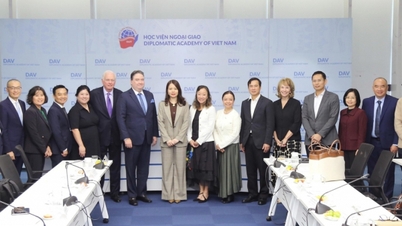


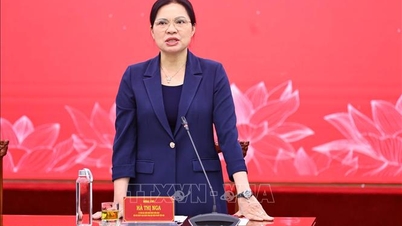

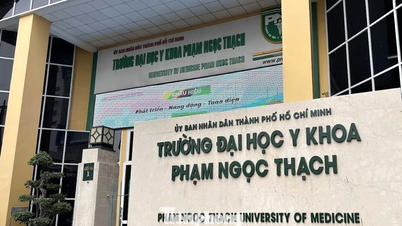



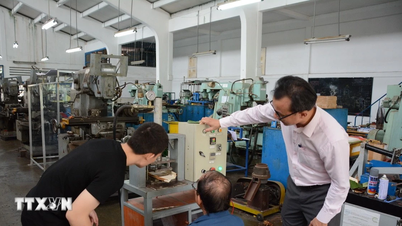





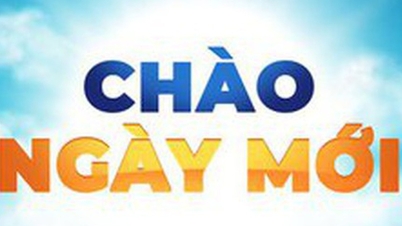













![[Photo] Panorama of the Patriotic Emulation Congress of Nhan Dan Newspaper for the period 2025-2030](https://vphoto.vietnam.vn/thumb/1200x675/vietnam/resource/IMAGE/2025/11/04/1762252775462_ndo_br_dhthiduayeuncbaond-6125-jpg.webp)

































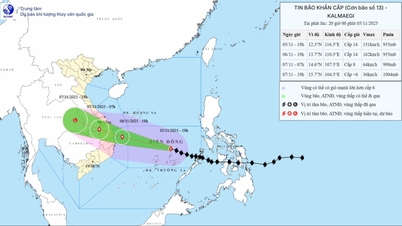














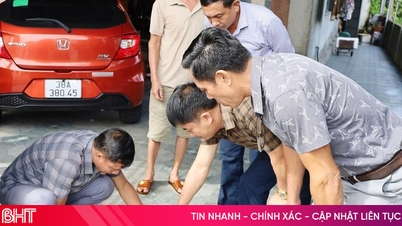



![[Motion Graphics] 5 notes when converting from lump-sum tax to declaration](https://vphoto.vietnam.vn/thumb/402x226/vietnam/resource/IMAGE/2025/11/06/1762381214740_fb_thoi-tiet-cms-1200x800-3.jpeg)
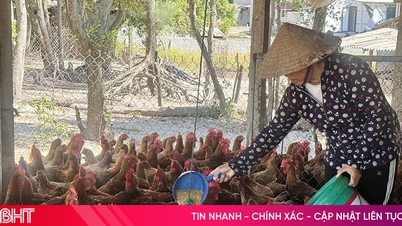
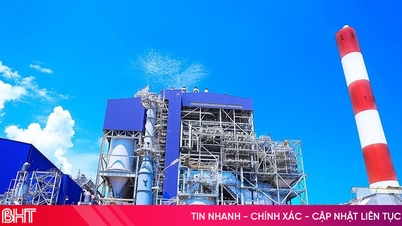
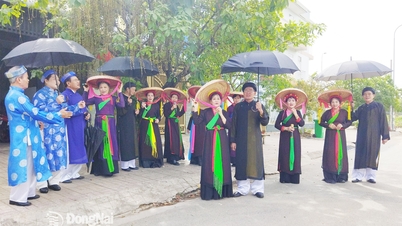













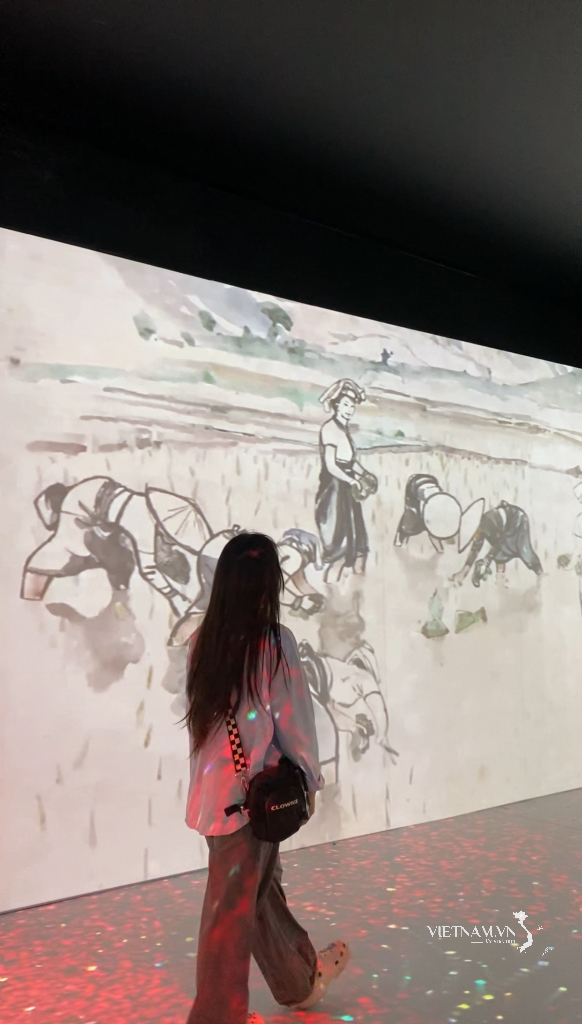

Comment (0)